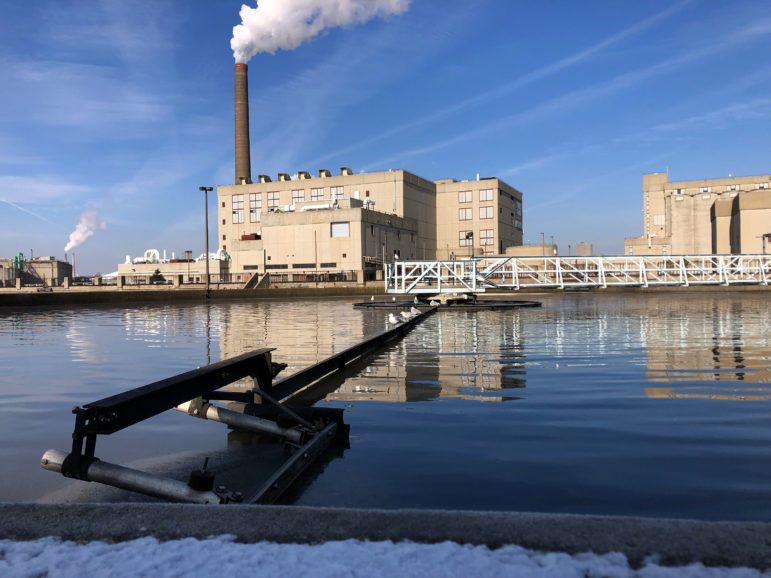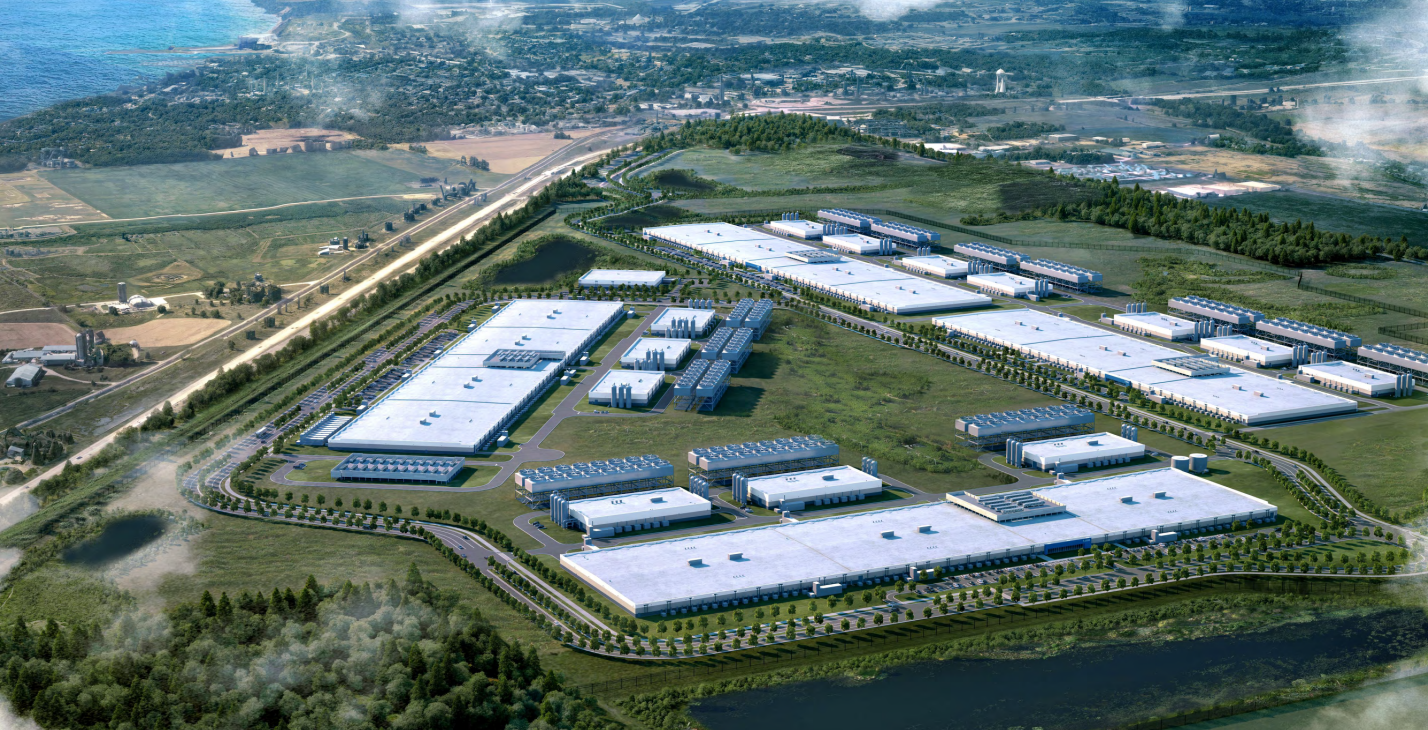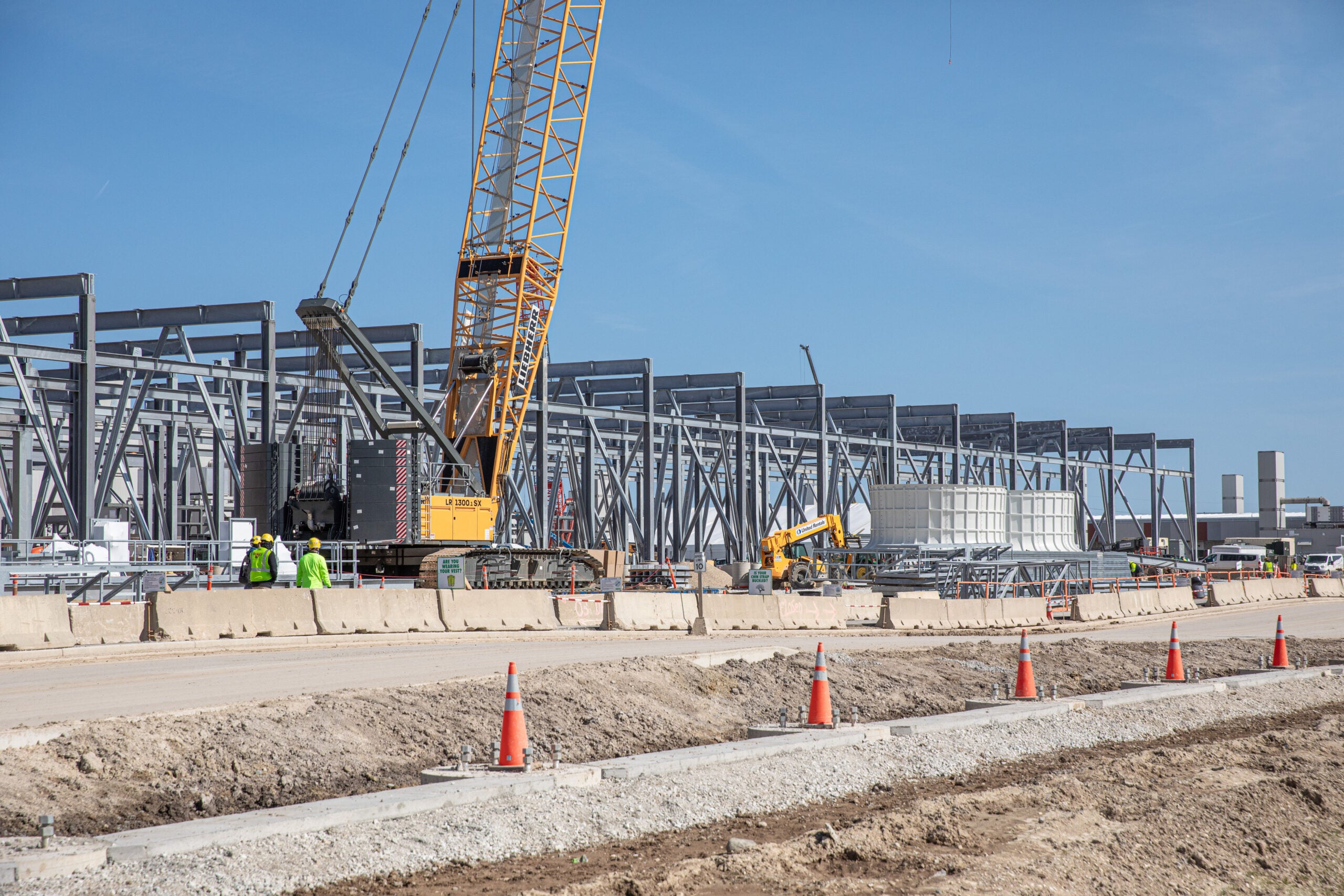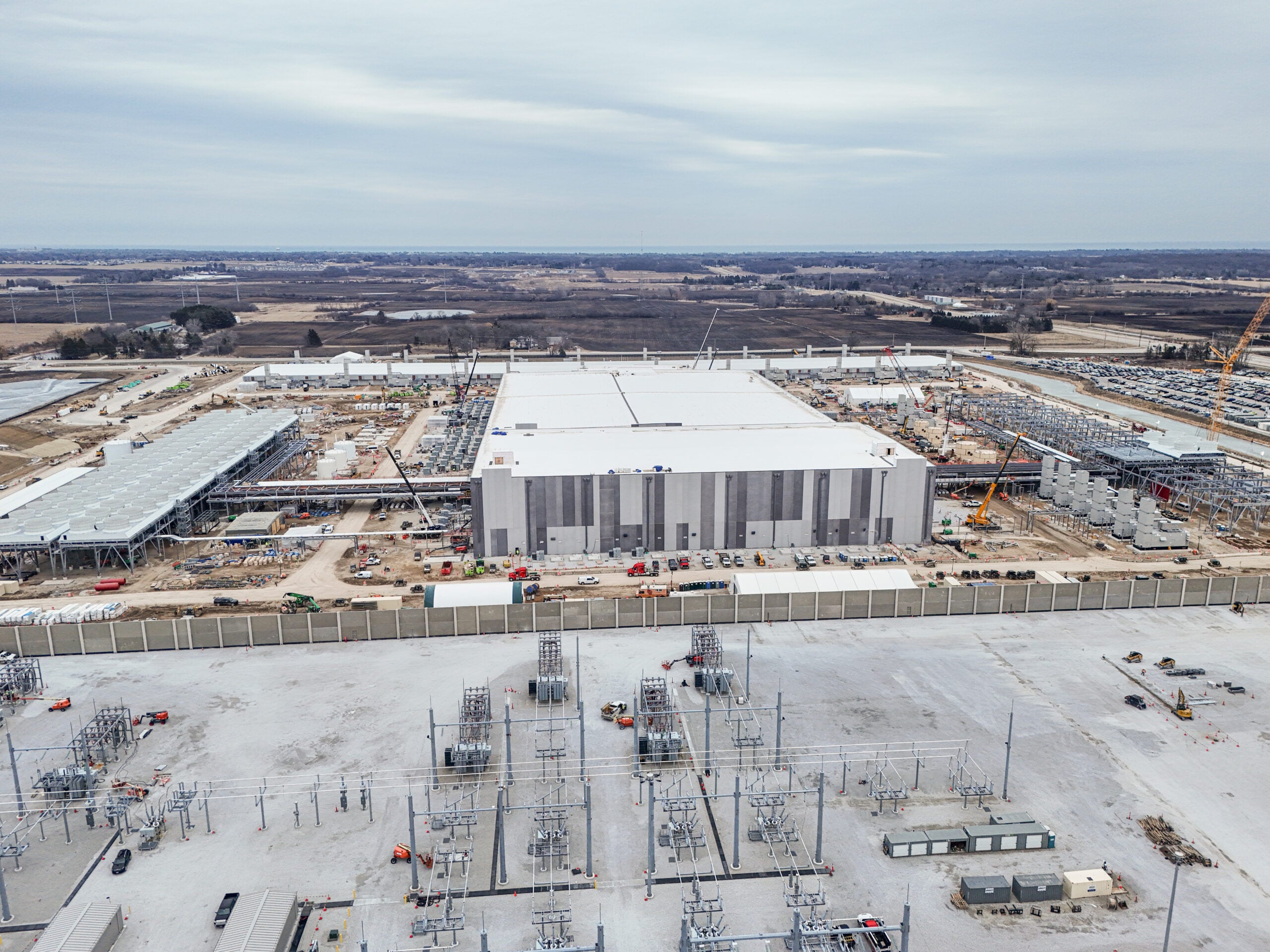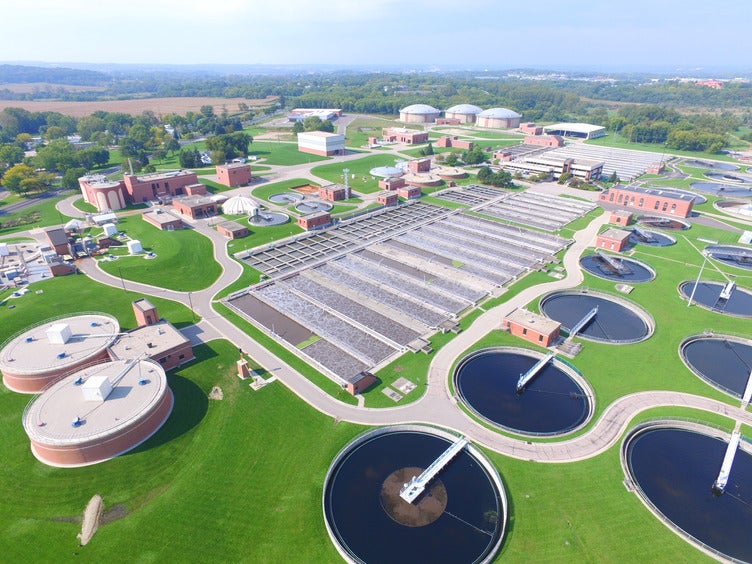The Milwaukee Metropolitan Sewerage District wants people in the Milwaukee area to cut their water use after rains caused a combined sewer overflow.
The overflow began at 5:40 p.m. on Tuesday, and officials said the total volume won’t be known for several days. The overflow is the first this year for the Milwaukee Metropolitan Sewerage District, or MMSD. The agency overseeing Milwaukee’s system serves 1.1 million people and 28 communities.
Parts of the Milwaukee area rely on a combined sewer system to collect stormwater and sewage for treatment, and heavy rains can overwhelm sewers. Under federal law, the sewerage district is allowed six combined sewer overflows each year.
Bill Graffin, the agency’s public information manager, said rain gauges show anywhere from 1.3 inches to around 2.6 inches of rain has fallen across its service area since Monday.
“We issued a water drop alert, which is just asking people to try and use less water,” Graffin said.
Residents are being urged to do so by taking shorter showers, emptying rain barrels and waiting to wash dishes and laundry.
The agency sends excess water into local rivers and Lake Michigan to prevent sewage from backing up in people’s homes when too much rain enters the system. Graffin said about a half a dozen sewer backups had been reported so far in areas like Milwaukee and Wauwatosa as of Wednesday morning.
“When we get rains or snow melts, if we get a uniform inch of rain on our service area, that’s 7.1 billion gallons of water,” Graffin said.
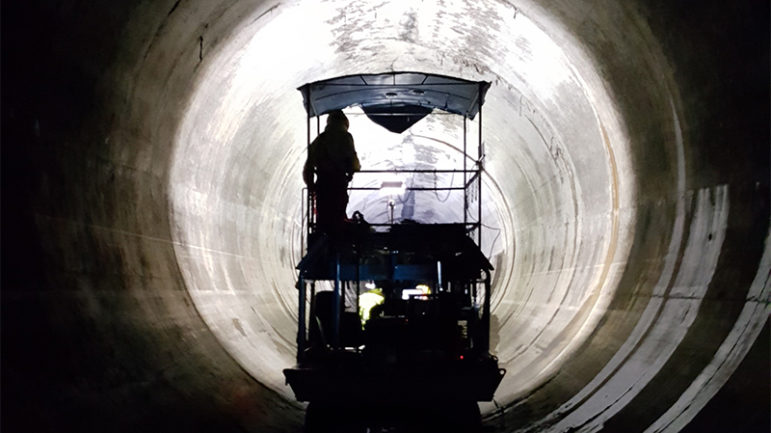
The sewerage district’s Deep Tunnels, a 521-million gallon storage system, has helped prevent more than 151 billion gallons of pollution from entering Lake Michigan since it initially came online in 1994. Prior to the tunnels, around 8 to 9 billion gallons polluted waterways.
The agency said the system has reduced 50 to 60 overflows annually to an average of two each year. Its Deep Tunnel was 76 percent full as it held 328 million gallons of stormwater and wastewater as of Wednesday morning.
So far this year, MMSD has treated nearly 22.3 billion gallons of stormwater and sewage. The agency has captured and cleaned around 98.6 percent of water treated by its system since 1994.
Last year, around 230 million gallons of untreated sewage and stormwater overflowed into local rivers and Lake Michigan after heavy rains and snowmelt during late February and early March. In 2022, an overflow released 756 million gallons.
Graffin said the agency’s 10-year spending plan includes $2.2 billion for infrastructure improvements and maintenance across its sewer system and treatment plants. MMSD is also purchasing properties to help reduce flooding and water pollution through its Greenseams program.
Graffin said the agency has more than 5,000 acres of property with soils that can absorb water like a sponge or wetlands to reduce stormwater coming into its system.
“All those properties combined can hold and store billions of gallons of water,” Graffin said.
The sewerage district has invested more than $4 billion to reduce sewer overflows.
News with a little more humanity
WPR’s “Wisconsin Today” newsletter keeps you connected to the state you love without feeling overwhelmed. No paywall. No agenda. No corporate filter.
Wisconsin Public Radio, © Copyright 2025, Board of Regents of the University of Wisconsin System and Wisconsin Educational Communications Board.

